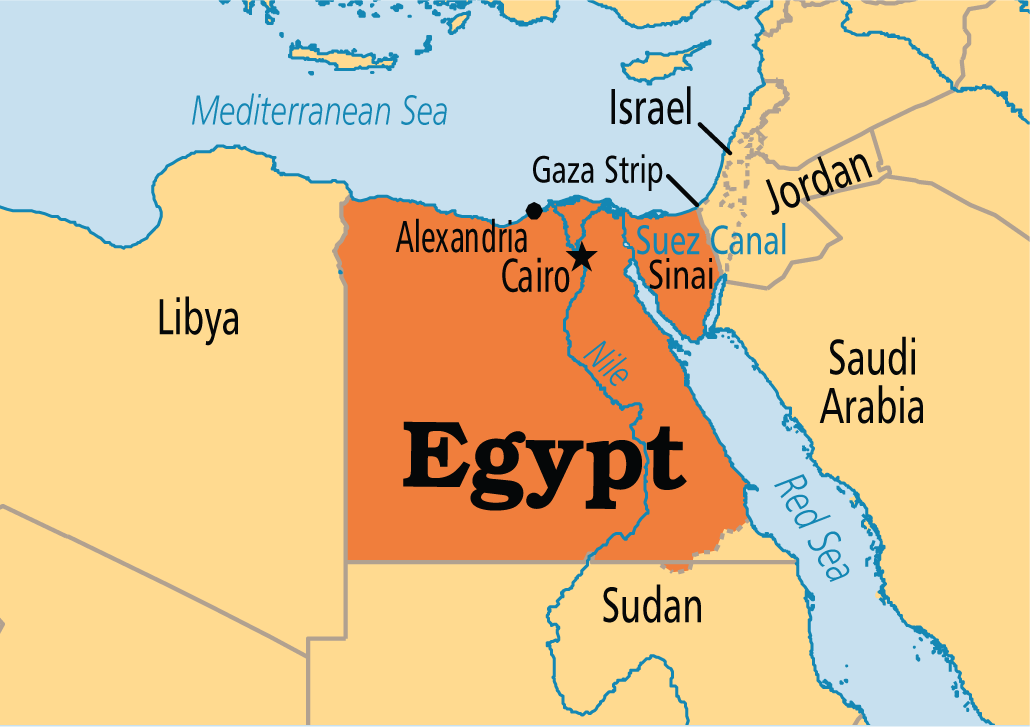What is the issue?
- A deadly terror attack took place at a Sufi mosque in the Sinai Peninsula (Egypt) that killed at least 305 people.
- Egypt has faced several attacks in the recent past by a local arm of the Islamic State is under grave threat.
What are the challenges for Egypt?

- Home grown Sunni extremists have been targeting Christians, who constitute 10% of the population, and minority sects within Islam.
- They’ve also allied with IS and plan to deepen the sectarian divisions and exploit these to win over hard-line Sunni segments.
- Eastern Treat – IS allied groups has been active in the Sinai Peninsula, a region that has been historically neglected by Cairo.
- Also, after the recent collapse of IS in Iraq & Syria, some fighting in those countries are suspected to have shifted operations to Sinai.
- Its vast desertic terrain, mountain stretches and long coasts, also provides for a secured operational base for the IS.
- Western Treat - The Egyptian military has also come under strain on its western border due to instability in Libya.
- After the fall of Qadhafi in Lybia, the black market trade in weapons from there has increased, which has aided militants.
What has been the aftermath?
- This is the bloodiest attack in modern Egypt’s history and the ease at which it was carried out has raised alarm.
- President Abdel Fattah el-Sisi, has vowed to respond with “brutal force”, in keeping with his promise of stability & security.
- But repeated attacks have called into question General Sisi’s counter-insurgency strategy.
- Way Forward - Cairo has to now defeat the militants and disrupt the supply of weapons.
- The long-term grievances of the Sinai’s population also need to be addressed to deny militants local sympathy or support.
Source: The Hindu
